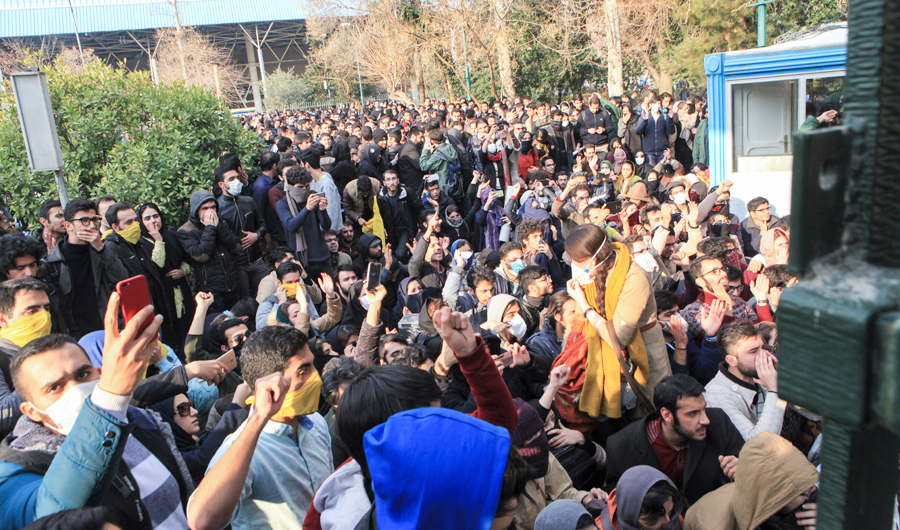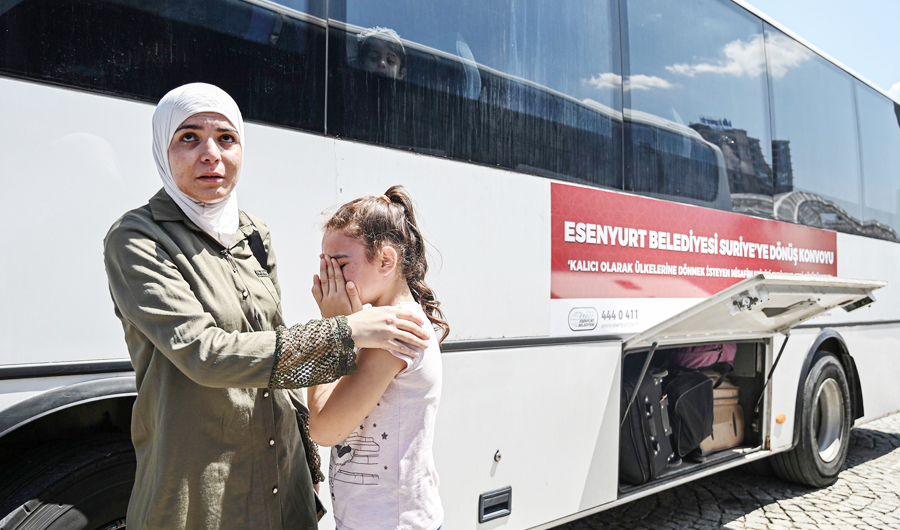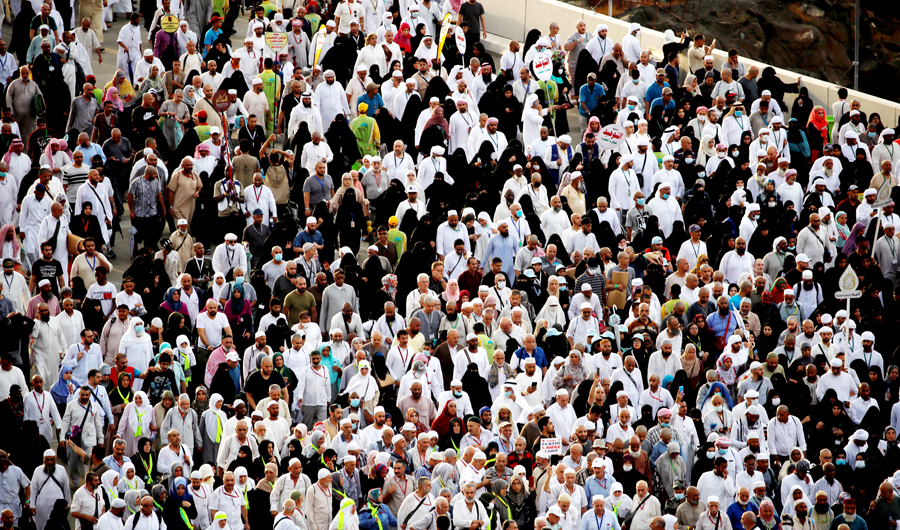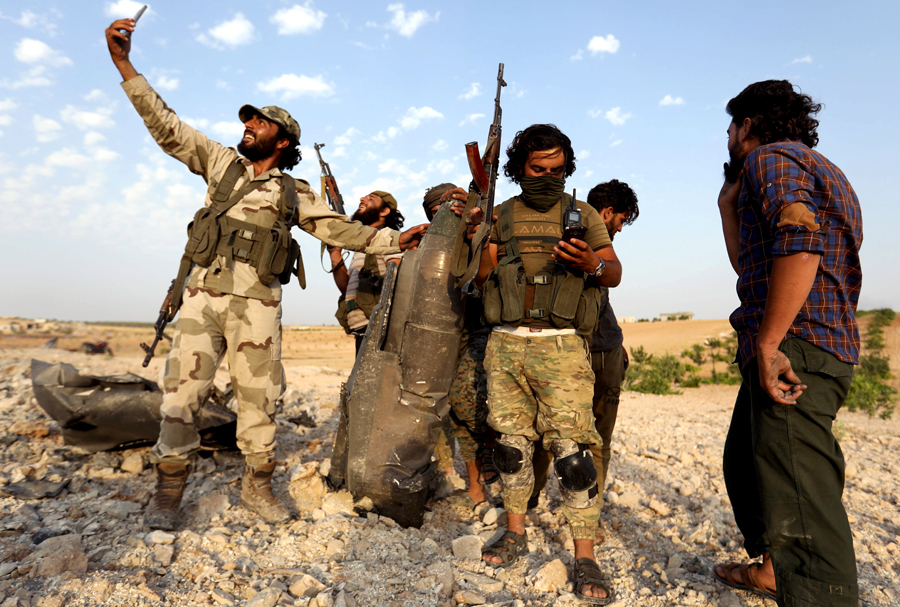Iran must free women held over veil protests, say UN experts
GENEVA: A group of UN human rights experts on Friday called for the immediate release of three Iranian women given long jail terms for protesting laws compelling women to wear veils.
The trio were charged after a video posted online showed them handing out flowers on Tehran’s metro on March 8, International Women’s Day, according to a statement co-signed by five UN special rapporteurs and another expert.
The women — named in the statement as Mojgan Keshavarz, Yasaman Aryani and Monireh Arabshahi — were not wearing veils.
They “peacefully protested against Iran’s compulsory veiling laws and advocated for a woman’s right to choose whether or not to wear the hijab,” the statement said.
According to the experts, who are independent and do not speak for the world body, the women were detained in April, “forcibly disappeared” for up to two weeks, and denied access to a lawyer through the initial investigation.
“Their legal representatives were also reporte
FASTFACT
Keshavarz has been sentenced to 23-and-a-half years in prison while Aryani and Arabshahi were both given 16-year terms for handing out flowers on Tehran’s metro on March 8, International Women’s Day.
dly prohibited from representing them at their trial,” the statement said.
Keshavarz has been sentenced to 23-and-a-half years in prison while Aryani and Arabshahi were both given 16-year terms.
All were convicted of national security violations, spreading anti-state propaganda and “encouraging and providing for (moral) corruption and prostitution,” the UN experts said. Keshavarz was convicted of the additional crime of “insulting the sacred.”
“We call upon the Iranian authorities to quash these convictions and immediately release all human rights defenders who have been arbitrarily detained for their work in advocating women’s rights,” the statement said.
It was co-signed by Javaid Rehman, special rapporteur on rights in Iran, Dubravka Simonovic, UN expert on violence against women and Michel Forst, rapporteur on human rights defenders.
David Kaye, the expert on freedom of expression, Meskerem Geset Techane, who heads the UN working group on discrimination against women and girls, and Ahmed Shaheed, rapporteur on religious freedom, also signed the letter.
The experts said Tehran responded to their concerns by noting that the women “had been arrested on charges relating to morality and national security offenses.”
The rapporteurs also reported that arrests of women’s activists have risen in recent weeks, with Iran’s government having issued an official warning that those who do not wear a veil will face severe punishment.
They cited unidentified reports that 32 people had been arrested, and at least 10 imprisoned, since January of last year for protesting against ruled mandating that hijabs be worn.

Germany charges man with spying for IranPompeo praises Lebanese government for standing firm against Iranian threat



